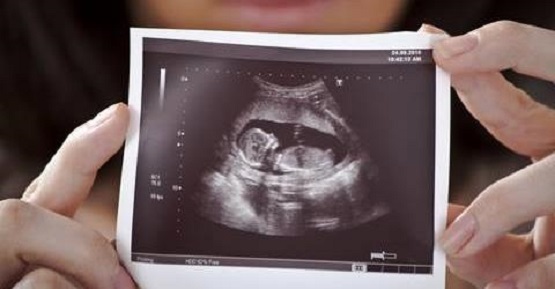The years-long battle to legalize abortion in the Dominican Republic continued this week when President Danilo Medina vetoed a measure to criminalize all abortions.
Dominican Today reports Medina vetoed the new Penal Code on Monday after Congress approved it last week. The new code would have maintained the country’s current position prohibiting abortions in all circumstances, except when the mother’s life is at risk.
President Medina said he vetoed the bill because he supports exceptions that would allow abortions in cases of rape and incest, fetal deformities or risks to the mother’s life.
“These are extreme circumstances, unfortunately, but occurring in daily life, to which we, as legitimate representatives of the people, must respond in accordance with the Constitution and with our own values,” Medina said.
Caribbean News Now reports the newly proposed criminal code would allow abortions in cases when the woman’s life is at risk and only after “all attempts have been made to save both the lives of the woman and the foetus.”
In 2014, the country’s congress and President Medina approved amendments the criminal code to allow abortions in cases of rape, incest and fetal deformity as well as cases when a woman’s life is in danger, the report states. However, in 2015, the country’s high court blocked the amendments, ruling that they were unconstitutional, Reuters reported. The new code that Medina vetoed appears to have been legislators’ attempt to integrate the court ruling into its laws.
Keep up with the latest pro-life news and information on Twitter. Follow @LifeNewsHQ
The Dominican Republic has been debating whether to legalize abortion for many years. In 2009, despite pressure from United Nations agencies and abortion advocates, the country’s lawmakers instead approved a pro-life constitutional change. The amendment states that “the right to life is inviolable from conception until death.” It passed with 128 in favor and 32 opposed.
While the 2009 measure was widely supported by Dominican parliamentarians, it met with staunch opposition from international abortion proponents and even UN agencies, which say they are officially neutral on abortion.
Abortion advocates estimate more than 90,000 unsafe abortions occur in the country each year, according to Reuters; but pro-life advocates have debunked multiple pro-abortion studies about unsafe abortions and found that abortion advocates tend to vastly inflate the numbers.
Central and South American countries are very pro-life, though they have witnessed a growing push from abortion advocates to legalize abortion. Along with the Dominican Republic, Chile, El Salvador, Suriname, Honduras and Nicaragua protect unborn babies by banning abortion, according to the Center for Reproductive Rights.
A 2015 Pew Research Survey found that an overwhelming majority of Latin Americans believe abortion should be illegal, including 91 percent of those polled in the Dominican Republic, LifeNews reported previously.








